Mayor
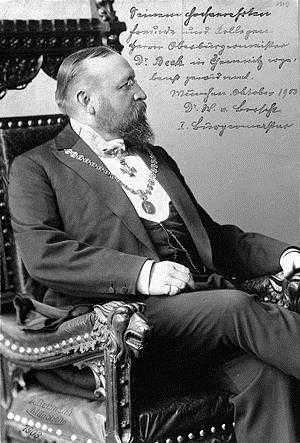







Lord Mayor is the highlighted title for the mayors in the larger cities, which has been awarded in Bavaria since 1907, the mayor of the middle and larger cities. The mayors, as administrative directors of the larger cities, were considered to be pre-1914, especially during the period of high industrialization and urbanization "initiative centers", who vigorously pursued the expansion of municipal power administration. In the Weimar Republic many former mayors moved to higher political offices at provincial or imperial level. The title was legally codified "Mayor" in the applicable for all Germany German community order of 1935 and in the Bavarian municipal code of 1952.
Table of Contents
Lord Mayor before 1914: Awarded a title
The title "Mayor" was first mentioned in Prussia in the urban order of Freiherr Karl von and zum Stein (1757-1831) of 1808 as an official title for the administrative director of large cities with more than 10,000 inhabitants and awarded by the Prussian king.
The Bavarian municipal ordinances of 1818 and 1869, however, do not know the title of Lord Mayor. The designations for the office directors of the cities were "legally qualified" or "First" mayor.
The title "Mayor" has been awarded in Bavaria since December 1907 by Prince Regent Luitpold (1821-1912, reigned 1886-1912) to the incumbents of medium and large cities. The award went to the mayors of Munich, Nuremberg, Augsburg, Würzburg, Ludwigshafen, Fürth, Regensburg, Hof, Bayreuth and Landshut. In Bamberg and Amberg, the appointment was delayed until 1908 and 1924, as in both cities, the state of the official business was criticized by the state.
The state government therefore assessed the activities of the mayors with their award practice. From an automatic Rangerhöhung could thus be no question.
Lord Mayor in the Bavarian municipal ordinances in the Weimar Republic
The May 22, 1919 Act on Self-Government changed some provisions of the still-prevailing municipal code of 1869 and introduced the one-chamber system and the direct popular election of mayors. However, the popular election was abolished in 1924 in communities with more than 3,000 inhabitants again.
The new municipal code of 1927 finally eliminated the popular vote and installed the city council as an electoral body. A confirmation of the elected by the supervisory authority in 1919 was no longer. The title "Mayor" did not appear in the new church order; the incumbents, whose powers were extended, were called "First mayor". The title "Mayor" has now been awarded by the state government to the respective first mayor.
Lord Mayor from 1933 to 1945
The applicable for all Germany German community order of 1935 led the title "Mayor" for the administrative heads of the city districts (§ 32). In Bavaria, these were essentially the municipalities in the immediate vicinity.
This communal order broke with all previous principles of self-government and transferred in accordance with the National Socialist leader principle to the appointed mayor the entire leadership of the community "in full and exclusive responsibility" without control by a chosen organ. The municipal authorities were no longer called "The city council . ", rather "The Lord Mayor of . ".
When ordering the Lord Mayors for the Kreisunmittelbaren communities and the city districts, the Kreisleiter acted as agents of the NSDAP (except in Munich and Nuremberg). The commissioners proposed the candidates, who were appointed by the municipalities after the approval of the supervisory authority. In many cases, a rivalry between the party instances of the NSDAP, which wanted to dominate all levels of the state, and lord mayors prevailed; in Munich, for example, Lord Mayor Karl Fiehler (1895-1969), who since February 1934 also became chairman of the Main Office for Local Politics the NSDAP was closely affiliated German community day. In Nuremberg Lord Mayor Willy Liebel (1897-1945) was in marked conflict with Gauleiter Julius Streicher (1885-1946).
Mayor after 1945
Since the Bavarian Municipal Code of 1952, the incumbents hold the title in the 25 independent cities "Mayor", which has been the official name for the 24 large district towns since 1972 (Article 34). In fact, this title is purely immaterial "sweet" without additional legal effect.
The Lord Mayor is a temporary election official. As part of the reintroduction of local self-government by the Bavarian constitution of 1946 and in particular the municipal code of 1952, the position of mayor / mayor was significantly strengthened. The electoral election contributed as much to six years as did his powers. So he is chairman of city council and committees, carries out the city council decisions, is head of the city administration and represents the city to the outside.
Well-known lord mayors in Bavaria in the 20th century
Some mayors succeeded in advancing into higher political offices during the twentieth century until our immediate presence. The Lord Mayors in the outgoing Empire and in the Weimar Republic are also called "central elite" considered. For example, we find eight mayors in the various Reichskabinetten of the Weimar Republic, including the former Nuremberg Mayor Otto Gessler (1875-1955). The most prominent example of a rise here is only reminiscent of Konrad Adenauer (1876-1967), who was first Lord Mayor of Cologne (1917-1933) and from 1949 to 1963 Chancellor.
In contrast, the Nazi leadership personnel (Reich Minister, State Secretaries, Prime Minister, Reich Governor) hardly recruited from the circle of mayors. Exceptions were only Franz Schwede (1888-1960), since 1931 mayor and since 1933 Mayor of Coburg, who became Gauleiter in Pomerania in 1935, and Ludwig Siebert (1874-1942). Siebert, Mayor of Lindau since 1919, was appointed Mayor of the city of Bodensee in 1924. In 1931 he joined the NSDAP and became the first NSDAP mayor of Bavaria. From 1933 until his death he served as prime minister. He is also the only Bavarian Prime Minister of the 20th century, who was Lord Mayor before taking office.
If one looks at the training courses of the mayors of Munich and Nuremberg, they had or have mostly completed a law degree. The remaining city leaders were craftsmen, teachers or commercial employees. In many cases they were previously active in the municipal service, either in the city administration, as a professional city council, 2nd mayor (eg Wilhelm von Borscht [1857-1919], Thomas Wimmer [1887-1964] and Christian Ude [b. 1947] in Munich, Georg von Schuh [1846-1918], Hermann Luppe [1874-1945] and Martin Treu [1871-1952] in Nuremberg) or at least honorary city councilor.
The following list of incumbents in the two largest Bavarian cities of Munich and Nuremberg should not diminish the importance of many city leaders in other Bavarian cities.
Related Posts
-
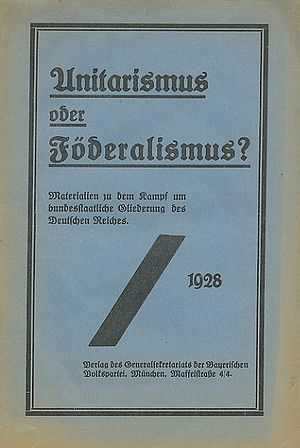
Federalism – historical lexicon of Bavaria
federalism Federalism (from the Latin foedus = alliance) is a historical-genetic concept of order that characterizes the field of tension between…
-
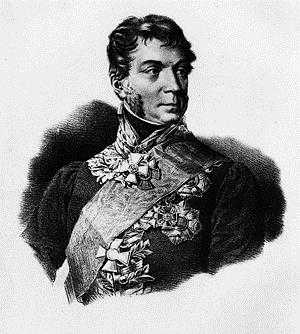
Bavarian Arms Command – historical lexicon of Bavaria
Bavarian army command Supreme command authority of the Bavarian Army, first formed in 1822-1829 under the direction of Karl Philipp Prince Wrede…
-
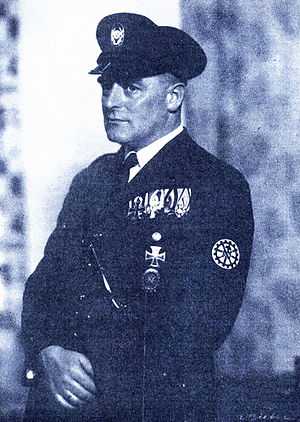
Technical emergency aid – historical lexicon of Bavaria
Technical emergency assistance The Emergency Technical Assistance (TN or Teno) was an empire-wide organization originally involved in providing emergency…
-
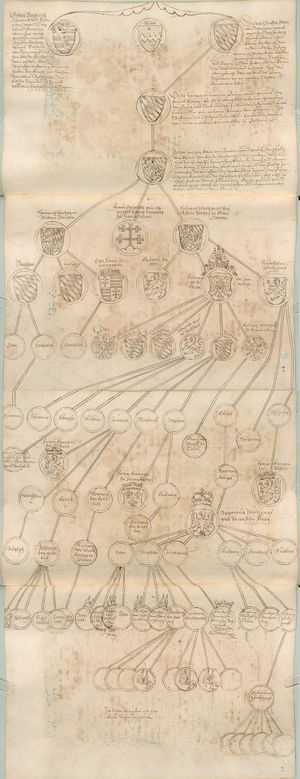
Haus bavaria – historical lexicon bavaria
House Bavaria Emerging term in the late Middle Ages, which also includes the geographical area of the state of Bavaria, as well as the ruling dynasty…
